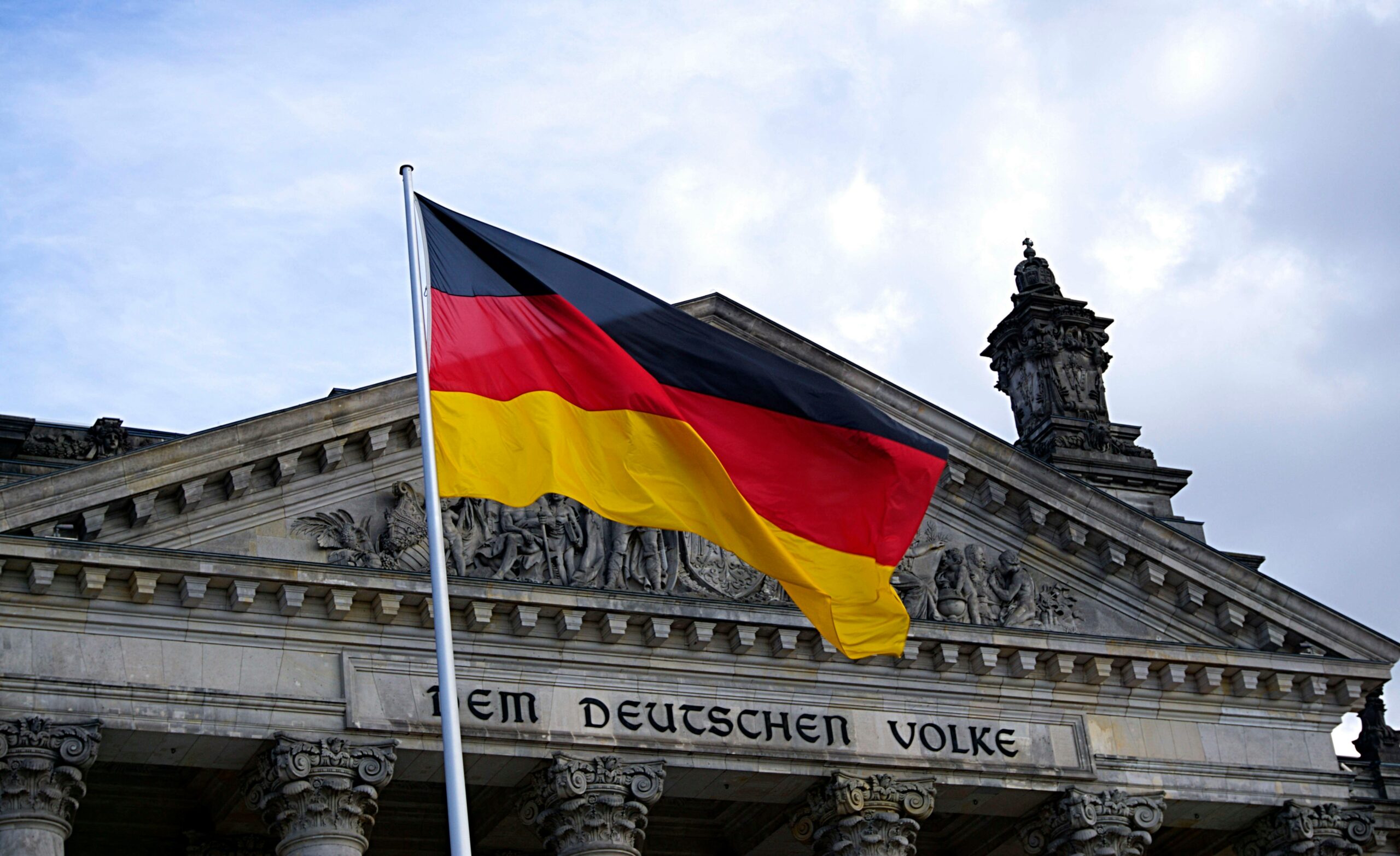Digital Marketing Trends in Germany: Shaping the Future of Advertising
Germany, the largest economy in Europe, has long been a hub for innovation and industry. In recent years, it has emerged as a leader in digital marketing, with businesses across the country leveraging cutting-edge strategies to connect with their audiences. According to a report by Statista, digital advertising spend in Germany reached €12 billion in 2023, accounting for more than 50% of the country’s total ad spend.
In this article, we explore the latest marketing trends shaping Germany’s digital landscape and how businesses can capitalize on these developments to stay ahead in an increasingly competitive market.
Germany’s Digital Marketing Landscape
1. Mobile-First Advertising
With over 80% of Germans accessing the internet via mobile devices, mobile-first advertising has become a priority for brands. Platforms like Instagram and TikTok are particularly popular among younger audiences, making them essential channels for mobile-focused campaigns.
2. Search Engine Marketing (SEM)
Search engines remain a cornerstone of Germany’s digital ecosystem. Google dominates the market with a 93% share, according to Statcounter. Businesses are heavily investing in both paid search ads and search engine optimization (SEO) to capture consumer attention during their online searches.
3. Programmatic Advertising
Germany is a leader in programmatic advertising, with 70% of digital display ads bought programmatically in 2023. This method uses algorithms and data analytics to deliver highly targeted ads, ensuring better ROI for advertisers.
Emerging Marketing Trends in Germany
1. Privacy-Centric Marketing
Germany’s strict data protection laws, including the General Data Protection Regulation (GDPR), have made privacy a top concern for marketers. Brands are adopting privacy-centric strategies, such as consent-based data collection and anonymized tracking, to comply with regulations while maintaining consumer trust.
2. Sustainability in Marketing
Sustainability is a growing priority for German consumers, influencing their purchasing decisions. Brands are incorporating eco-friendly messaging into their campaigns, highlighting their commitment to sustainability. For example, Adidas’ “End Plastic Waste” initiative has been widely praised for aligning with consumer values.
3. Influencer Marketing
Influencer marketing continues to thrive in Germany, particularly on platforms like YouTube and Instagram. Micro-influencers (those with 10,000 to 50,000 followers) are especially effective in driving engagement, as they often have a highly loyal and targeted audience.
4. Voice Search Optimization
With the increasing use of voice assistants like Amazon Alexa and Google Assistant, optimizing for voice search has become crucial. Businesses are tailoring their SEO strategies to include natural language keywords and conversational queries.
Marketing Success Stories in Germany
Case Study: Zalando
Zalando, one of Europe’s largest online fashion retailers, has been a pioneer in leveraging digital marketing. The company’s personalized email campaigns and AI-driven product recommendations have significantly boosted customer engagement and sales. Zalando’s focus on sustainability in its marketing efforts has also resonated with German consumers, further solidifying its market position.
Case Study: Audi
Audi’s “Vorsprung durch Technik” (Progress through Technology) campaign effectively combined traditional and digital media to reinforce its brand image. By utilizing AR experiences and interactive ads, Audi engaged tech-savvy audiences while staying true to its innovative brand identity.
Opportunities for Marketers in Germany
1. Leveraging Localized Content
German consumers value authenticity and relevance. Brands that invest in localized content and culturally sensitive messaging are more likely to build trust and connect with their target audience.
2. Expanding E-Commerce Marketing
E-commerce is booming in Germany, with online sales projected to exceed €100 billion by 2025. Businesses can capitalize on this growth by implementing robust e-commerce marketing strategies, including retargeting ads and personalized shopping experiences.
3. Embracing Social Commerce
Social media platforms are increasingly integrating e-commerce features, allowing users to shop directly within apps. Brands can use tools like Instagram Shopping and Facebook Marketplace to streamline the purchasing journey for customers.
4. Experimenting with AR and VR
Augmented reality (AR) and virtual reality (VR) are gaining traction in marketing campaigns. These technologies offer immersive experiences that can showcase products in innovative ways, such as virtual try-ons for fashion or interactive tours for real estate.
Challenges for Marketers in Germany
1. Navigating Data Regulations
While GDPR ensures consumer privacy, it poses challenges for marketers in collecting and analyzing data. Companies must prioritize transparency and invest in compliant data management systems.
2. Increasing Competition
Germany’s digital market is highly competitive, with both local and international players vying for consumer attention. Differentiation through unique value propositions and innovative campaigns is essential.
3. Ad Blocker Usage
Germany has one of the highest rates of ad blocker usage in the world, with nearly 25% of internet users employing ad-blocking software. This requires marketers to focus on non-intrusive ad formats and content marketing strategies.
The Future of Marketing in Germany
As technology evolves, the marketing landscape in Germany will continue to transform. Key trends to watch include:
- AI-Driven Marketing: Artificial intelligence will play a larger role in personalizing content and optimizing campaigns.
- Sustainability Marketing: Eco-conscious campaigns will become even more important as consumers prioritize ethical brands.
- Hybrid Events: The blend of physical and virtual events will provide new opportunities for audience engagement.
By staying adaptable and embracing innovation, marketers in Germany can navigate challenges and unlock new opportunities in this dynamic market.
Share this content:













Post Comment